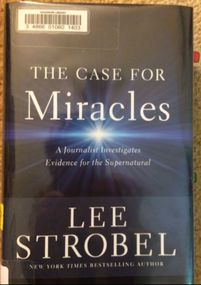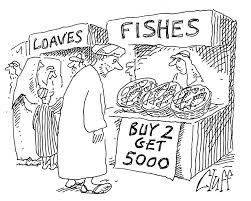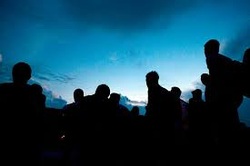
I’m in the middle of Lee Strobel’s new book, The Case for Miracles. I figure that in order to deepen my faith, I have to be open to new understandings and different points of view. Strobel’s theology doesn’t mesh with mine. He is evangelical, I am not.
Strobel embraces Richard L. Purtill’s definition: “A miracle is an event that is brought about by the power of God that is a temporary exception to the ordinary course of nature for the purpose of showing that God is acting in history.”
This presents a binary understanding—God as puppeteer, pulling the strings every once in a while to exert his (masculine) power. Strobel interviews skeptics, scientists, philosophers, and theologians about their experiences and beliefs about miracles. So far, the examples of miracles are extraordinary medical reversals, which lend themselves to the miraculous. For example, a paralyzed, non-verbal woman hearing a voice and getting up and walking.
On my best days when I pray, I don’t use miracle language. In fact, I don’t use much language at all. I lift people or situations to the light and let go and let God. Sometimes I picture them healed. Hmm, maybe I should ask for specific healings, for miracles.
More to explore. I’m still fascinated and still all over the place.



 RSS Feed
RSS Feed